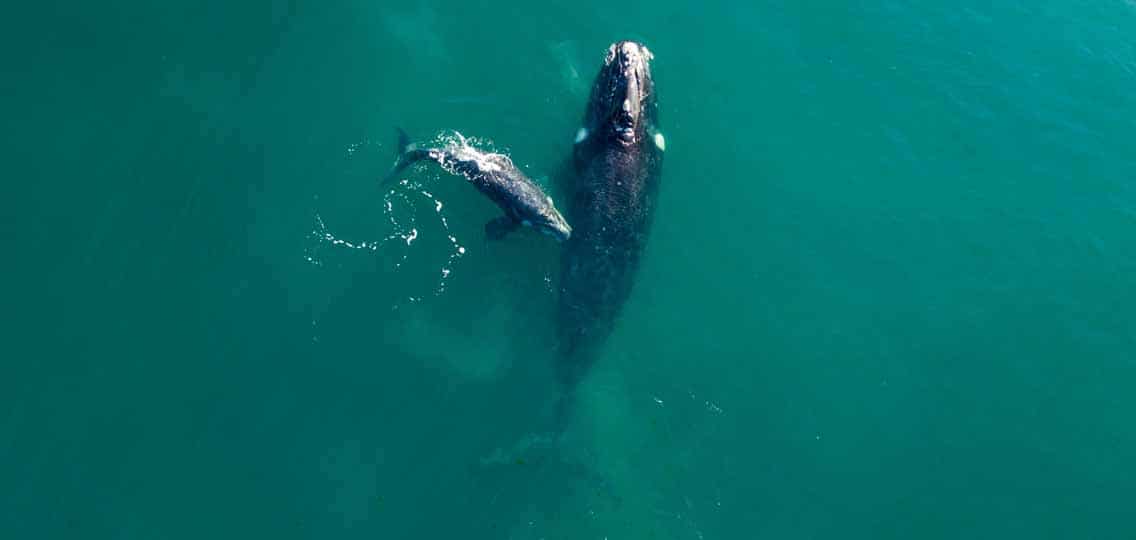ST.JOHN’S, Feb. 25, 2019 – The Canada-Newfoundland and Labrador Offshore Petroleum Board (C-NLOPB) will have to answer in court today for its extension of an offshore drilling licence held by Corridor Resources.
Ecojustice, acting on behalf of its clients — SNAP-Québec, Attention FragÎles, Nature Québec, the David Suzuki Foundation and the Sierra Club — filed a lawsuit in 2017 after the C-NLOPB granted an extension to Corridor, despite the fact it had not completed an environmental assessment or received the regulatory approvals necessary to start oil drilling. Under Canadian law, the statutory maximum for this kind of licence is nine years.
The Old Harry oil and gas prospect lies on the border between Quebec and Newfoundland and Labrador in the Gulf of St. Lawrence. The marine area is biologically rich, providing habitat for more than 4,000 species, including species at risk like blue whales and North Atlantic right whales, and the leatherback sea turtle.
The case will be heard on February 25, 2019, at the Supreme Court, 309 Duckworth Street in St. John’s, from 10 am.
The case:
- Despite the significance the Old Harry region plays for species and the surrounding communities, Corridor Resources was granted an exploratory licence for oil and gas exploration in the area in 2008.
- From 2008-2017, Corridor Resources was unable to cover exploration costs on its own and did not complete an environmental assessment or receive the regulatory approvals necessary to start oil drilling. Under Canadian law, exploratory licences for oil and gas drilling cannot exceed nine years.
- On January 14, 2017, Corridor’s licence expired. The following day, the Canada-Newfoundland and Labrador Offshore Petroleum Board unlawfully reissued Corridor Resources’ licence. This is what Ecojustice is contesting in court on February 25.
Joshua Ginsberg, Ecojustice lawyer, said:
“Oil exploration has clear legal time limits, and those limits should be enforced. The limits make sure that companies can’t sit on their rights forever and protect the environment from rights-holders who lack the capacity or technology to drill safely. They also give communities certainty about possible impacts to the ecosystem on which they depend. If a company cannot address concerns about its project’s environmental impacts or a potential spill within a nine year window, the law says its time is up. The C-NLOPB should not be allowed to hand out unlawful extensions to companies that don’t honour the terms of their license”.
Gretchen Fitzgerald, National Programs Director of the Sierra Club Canada Foundation, said:
“The Gulf of St Lawrence is no place for oil and gas drilling . Blue and right whales that are found there cannot take further stressors that come with oil drilling, and we know the Gulf is being threatened by climate change as well. We look forward to being able to have our arguments heard and hope that we will see no more licences to drill in this precious but fragile place.”

